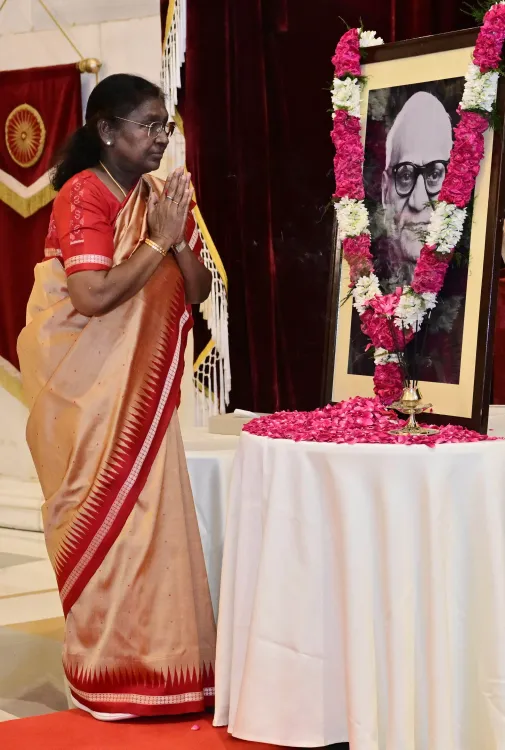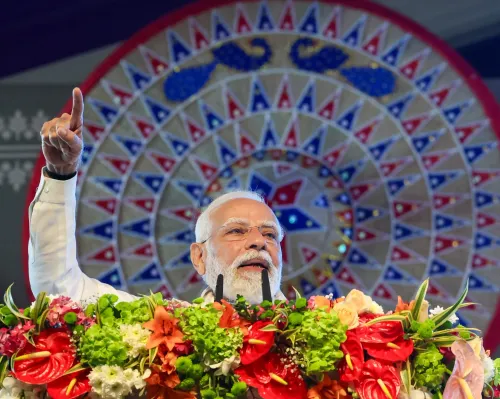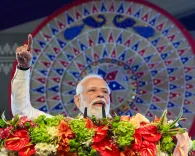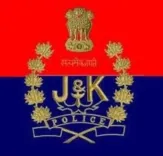Did President Murmu Honor V. V. Giri on His Birth Anniversary?

Synopsis
Key Takeaways
- Droupadi Murmu honored V. V. Giri on his birth anniversary.
- Giri served as India's fourth President from 1969 to 1974.
- He was born in Berhampur, Odisha, on August 10, 1894.
- Giri was a pivotal figure in the labor rights movement.
- He remains a symbol of social justice and equality.
New Delhi, Aug 10 (NationPress) President Droupadi Murmu offered floral tributes to former President V. V. Giri at the Rashtrapati Bhavan in honor of his birth anniversary, as reported on Sunday.
Bharat Ratna Varahagiri Venkata Giri was the fourth President of India, serving from August 24, 1969, to August 24, 1974.
Before assuming the presidency, he held the position of Vice-President from 1967 to 1969.
Remarkably, he was the only individual elected as an independent candidate to the presidency, reflecting his widespread acceptance and popularity across diverse political factions.
Born on August 10, 1894, in Berhampur, Odisha, Giri was a significant figure in Indian politics, recognized for his contributions to the labour movement and his staunch advocacy for workers' rights, as stated on the President of India website.
He completed his early education in India and then went to Ireland to study law and social science at University College Dublin.
During his time in Ireland, he participated in the Irish freedom movement, which fueled his interest in labour and social justice issues.
Upon his return to India, Giri became actively engaged in the Indian freedom struggle.
He also emerged as a powerful advocate for the labour movement, promoting the rights of workers and trade unions throughout the nation.
After India's Independence, Giri held several important political positions, including that of Labour Minister, where he could directly influence the causes he deeply cared about.
His efforts led to the formation of the Central Advisory Council and the Indian Labour Conference.
Throughout his career, Giri remained dedicated to the ideals of social justice and equality.
His contributions to labour rights and his presidency were characterized by this steadfast commitment.
Giri passed away on June 24, 1980, leaving a lasting legacy in the realms of Indian labour and politics.










